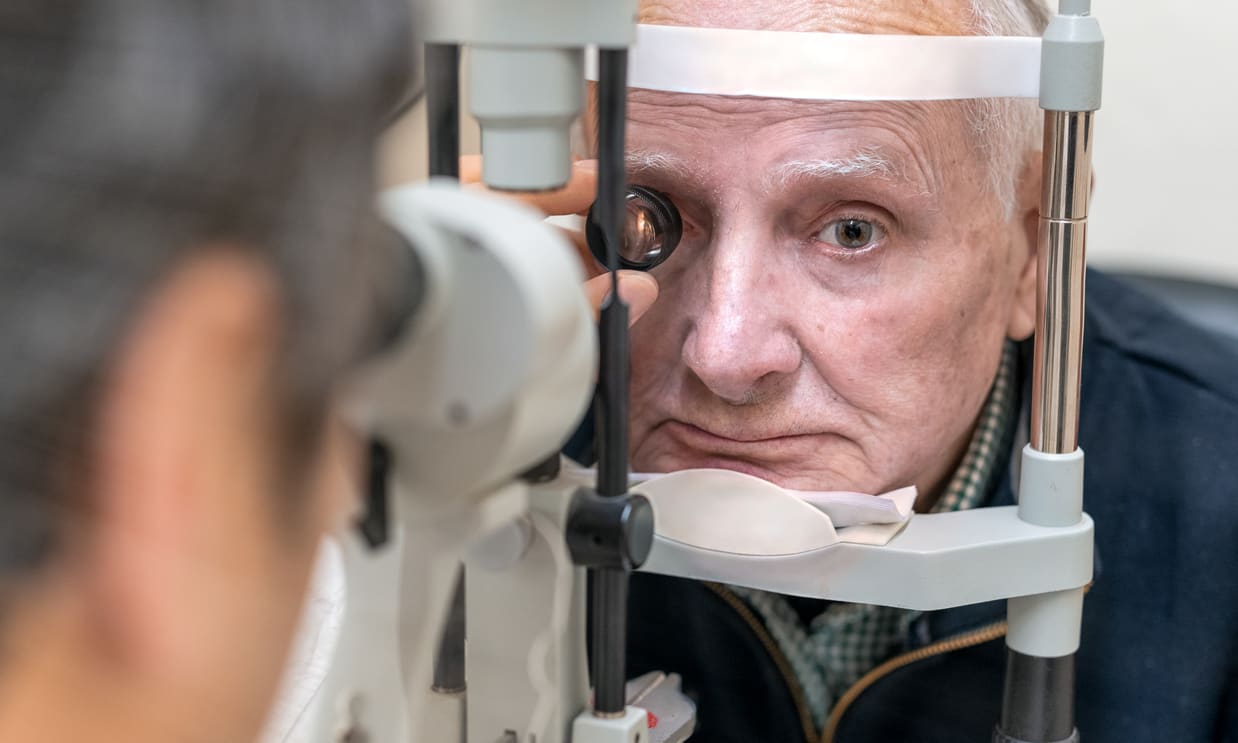Identifying Early Signs of Dementia: What You Need to Know
Dementia describes a group of conditions characterized by impairment of memory, thinking, and decision-making abilities. While it often progresses gradually, early detection can help manage symptoms and plan for appropriate care. Recognizing the initial warning signs allows individuals and families to seek support, explore treatment options, and maintain a better quality of life for as long as possible.

What is memory impairment and how does it relate to dementia?
Memory impairment is often one of the earliest and most noticeable signs of dementia. It involves difficulty recalling recently learned information or important dates and events. Unlike occasional forgetfulness, which can be a normal part of aging, memory impairment in dementia is more persistent and disruptive to daily life. People with early-stage dementia may repeatedly ask the same questions, forget important appointments, or have trouble remembering names of familiar objects or people.
This memory loss is related to dementia because it stems from damage to brain cells, particularly in areas responsible for storing and retrieving information. As dementia progresses, memory impairment typically worsens, affecting both short-term and long-term memories. However, it’s important to note that not all memory problems indicate dementia, which is why a thorough medical evaluation is crucial for accurate diagnosis.
How does difficulty with problem-solving manifest in dementia patients?
Problem-solving difficulties are another key indicator of dementia. Individuals may struggle with tasks that require planning, organization, or abstract thinking. This can manifest in various ways, such as:
-
Difficulty managing finances or paying bills on time
-
Challenges in following recipes or cooking familiar meals
-
Trouble understanding and following instructions for new tasks
-
Inability to plan and execute multi-step activities
These issues arise because dementia affects cognitive functions that are essential for problem-solving, such as logical reasoning, sequencing, and decision-making. As the condition progresses, even routine tasks that once seemed simple may become increasingly challenging. Recognizing these difficulties early can help in implementing strategies to support independence and safety.
Why is monitoring language and communication changes important in dementia?
Changes in language and communication are crucial indicators of dementia that often go unnoticed in the early stages. Monitoring these changes is important because they can provide valuable insights into the progression of the condition and help in tailoring support strategies. Some common language and communication changes in dementia include:
-
Difficulty finding the right words during conversations
-
Using incorrect words or inventing new ones
-
Repeating phrases or stories frequently
-
Struggling to follow or participate in complex discussions
-
Decreased ability to read and comprehend written information
These changes occur because dementia affects areas of the brain responsible for language processing and expression. By identifying these signs early, healthcare providers can implement interventions to maintain communication skills for as long as possible, improving quality of life and social interactions for individuals with dementia.
How can recognizing disorientation help in identifying dementia?
Disorientation is a common symptom of dementia that can manifest in several ways. Recognizing these signs can be crucial for early identification and intervention. People with dementia may experience:
-
Confusion about time and place
-
Getting lost in familiar environments
-
Difficulty remembering how they got somewhere
-
Inability to recognize or identify familiar objects
Disorientation in dementia occurs due to changes in the brain’s spatial processing and memory systems. It can be particularly distressing for individuals and their families, as it often leads to safety concerns and loss of independence. Early recognition of disorientation can prompt safety measures, such as GPS tracking devices or increased supervision, to ensure the individual’s well-being while maintaining their autonomy as much as possible.
What role do mood and behavioral changes play in dementia diagnosis?
Mood and behavioral changes play a significant role in dementia diagnosis and can often be some of the earliest noticeable signs. These changes may include:
-
Increased anxiety or agitation
-
Depression or apathy
-
Personality changes, such as becoming more suspicious or fearful
-
Inappropriate social behaviors
-
Loss of interest in previously enjoyed activities
These changes occur because dementia affects areas of the brain responsible for emotional regulation and social cognition. Recognizing these shifts in mood and behavior is crucial for several reasons:
-
They can be early indicators of dementia, even before memory problems become apparent
-
They significantly impact the quality of life for both the individual and their caregivers
-
Early intervention can help manage these symptoms and improve overall well-being
-
They can help differentiate dementia from other conditions, such as depression
How can early detection benefit dementia treatment and care?
Early detection of dementia can significantly impact the course of treatment and quality of life for affected individuals. Benefits of early detection include:
-
Access to medications that may slow cognitive decline
-
Opportunity to participate in clinical trials for new treatments
-
Time to plan for future care needs and legal arrangements
-
Implementation of lifestyle changes that may help manage symptoms
-
Improved safety measures to prevent accidents or wandering
Early detection allows for a more comprehensive approach to care, involving not just medical interventions but also social support, cognitive stimulation, and caregiver education. It provides individuals and families with more time to adjust, learn about the condition, and make informed decisions about care preferences.
While there is no cure for most forms of dementia, early diagnosis and intervention can significantly improve the quality of life for those affected and their loved ones. By recognizing the early signs of dementia, individuals can access appropriate care, support, and resources to better manage the challenges ahead.
This article is for informational purposes only and should not be considered medical advice. Please consult a qualified healthcare professional for personalized guidance and treatment.




